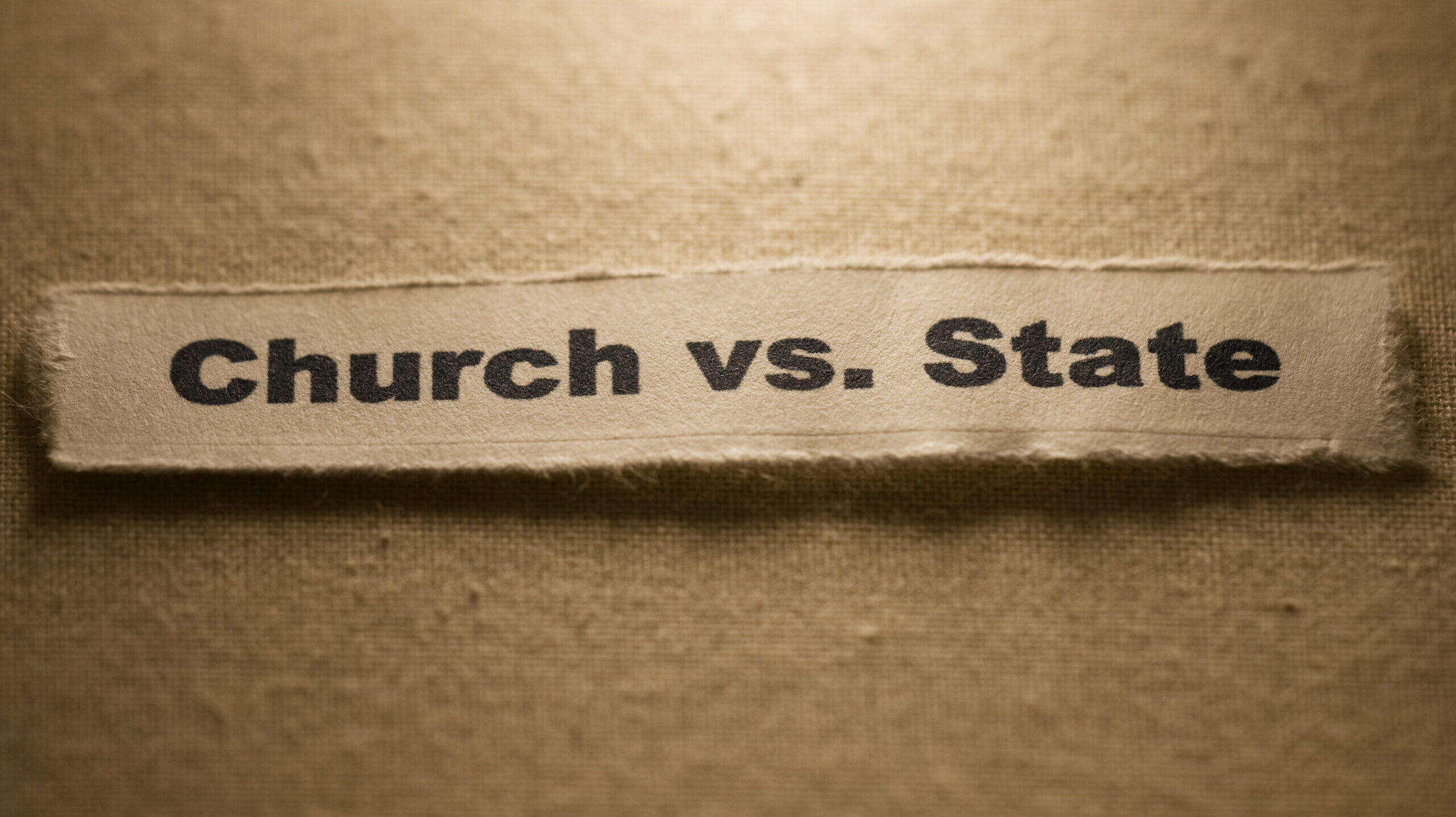|
Getting your Trinity Audio player ready...
|
The recent ruling by the Alabama Supreme Court, which classifies frozen embryos as children under state law, is not merely a legal precedent; it is a societal earthquake that shakes the very foundations of in vitro fertilization (IVF) treatments and, more broadly, personal freedoms in Alabama.
This decision does more than blur the lines between church and state; it erases them, embedding a specific religious viewpoint into law and overlooking the pluralistic society it is meant to govern.
Although groundbreaking, this decision by the court is just a single thread in a larger, more concerning tapestry being woven within our political and legislative landscapes. Not far from the courthouse, inside the walls of the State House, Republican lawmakers are on a legislative crusade, seemingly cut from the same cloth of religious fervor and political maneuvering.
These legislators, driven by a particular religious zeal, are enacting laws that mirror the court’s recent ruling, adhering to a narrow interpretation of Christian doctrine. Their actions reach far beyond reproductive rights, infiltrating the very pillars of our public institutions. The books on our public library shelves and the curriculum shaping our youth’s minds in public schools are under scrutiny and subject to the imposition of a singular religious perspective.
What we are witnessing is not merely a series of isolated policy adjustments but a systematic campaign to inject a specific religious ideology into the fabric of our public life. The repercussions are profound, affecting issues of freedom, autonomy, and the secular principles upon which our nation was founded.
The laws being passed extend beyond controlling what is read or taught; they dictate how individuals can express their gender identity, strip away the right to bodily autonomy, and narrow the perspective through which our history is viewed and understood.
Endorsing the viewpoint of the Alabama Supreme Court and the state Legislature means disregarding not only secular principles but also other religious perspectives, prioritizing one specific interpretation above all others. This approach not only infringes on the religious freedom of non-evangelical Christians but also ignores the founding principles of the United States — a nation built on the separation of church and state, as envisioned by founding fathers like Thomas Jefferson and James Madison, who explicitly rejected the concept of a state religion.
The risks of merging religion with governance are not merely theoretical but historical realities. Countries governed by religious laws, such as Saudi Arabia, Iran under the Ayatollahs, and Afghanistan under Taliban rule, exemplify the consequences when religious doctrines dictate state policies: potential discrimination, conflict, and suppression of individual rights.
In these nations, women possess limited legal rights, granted solely by their husbands and the state. LGBTQ+ individuals face threats of violence, imprisonment, and death. History is taught exclusively through the religious regime’s perspective, and elections, when they occur, are manipulated to ensure a predetermined outcome. Observe the surroundings. Do you notice similarities in the ways some wish our country to evolve?
The United States, celebrated for its diverse religious backgrounds and secular government, is at risk of following a similar path if it adheres to the trajectory gaining traction in red states like Alabama.
This alignment of religious beliefs with political power has evolved, especially within the Republican Party, since the late 20th Century. Organizations like the Moral Majority and the Religious Right initiated this trend, aiming to shape public policy according to conservative Christian values. Ronald Reagan’s election marked a significant milestone in solidifying this alliance, with subsequent Republican platforms increasingly catering to evangelical concerns. This merging of religion and politics has shaped party policies and led to a cultural blend of religious identity with political loyalty, particularly in regions dominated by evangelical Christianity.
However, intertwining Christianity with state power risks distorting the religion itself, potentially alienating believers by aligning more closely with political agendas than spiritual teachings. The drive to uphold traditional values politically, particularly within the Republican Party, reflects a reaction to rapid social changes. Yet, it’s essential to remember that the party’s religious component, while significant, is not homogeneous, encompassing various beliefs and commitment levels.
Basing government policy on religious doctrine is a precarious path, challenging democratic principles, individual rights, and societal harmony. The Alabama Supreme Court’s decision and actions in the Alabama Legislature highlight these challenges, underscoring the need for governance that respects and protects the diverse religious beliefs of all citizens, rather than favoring one over the others.
In doing so, we must remember the lessons of history and the founding ideals of our nation, ensuring that the separation of church and state remains a cornerstone of American Democracy or suffer the perils of religious fervor and the hell that rides with it.























































